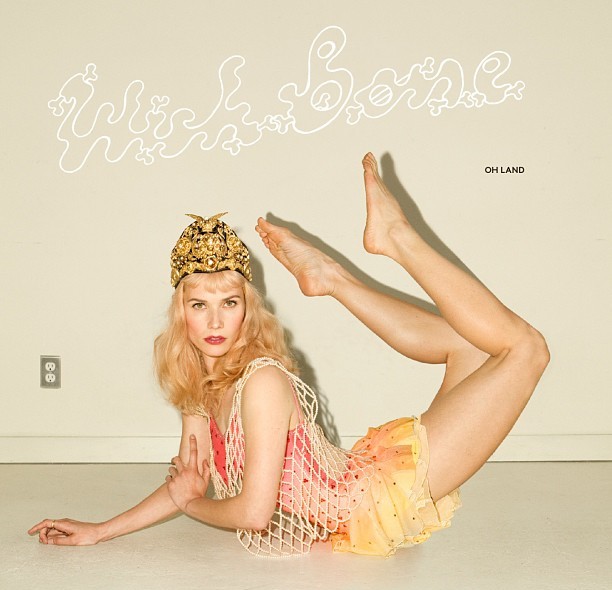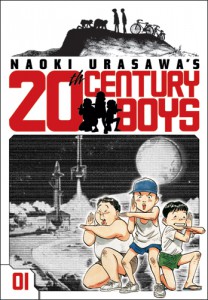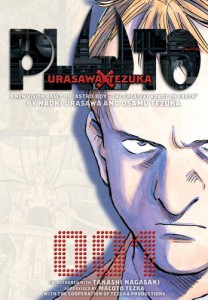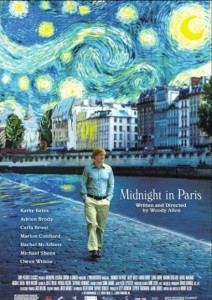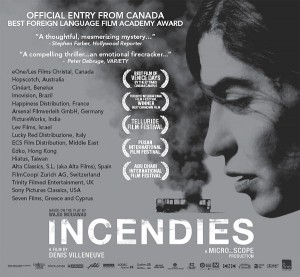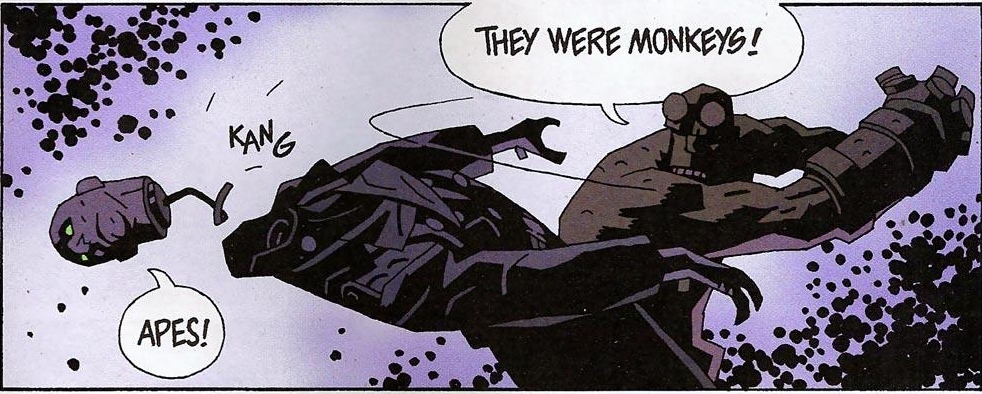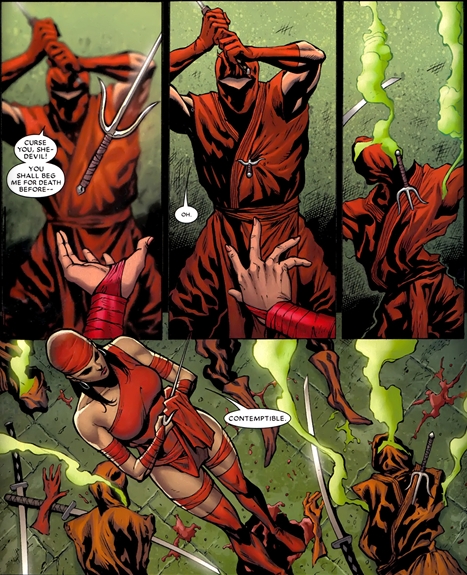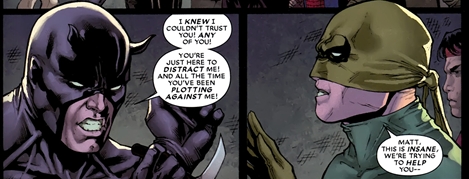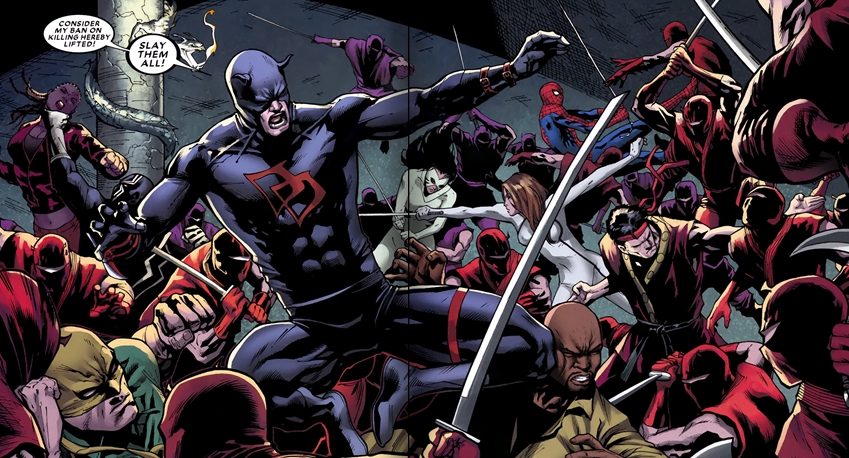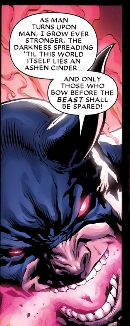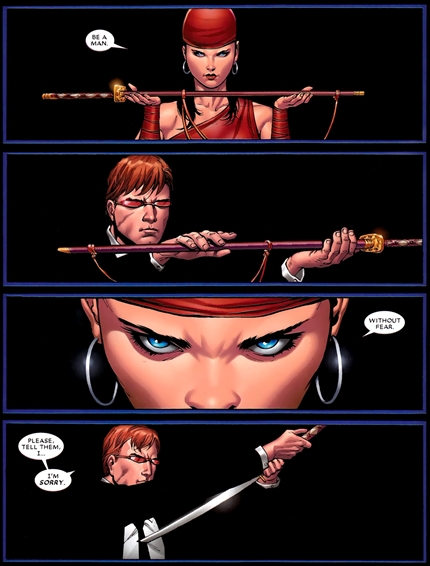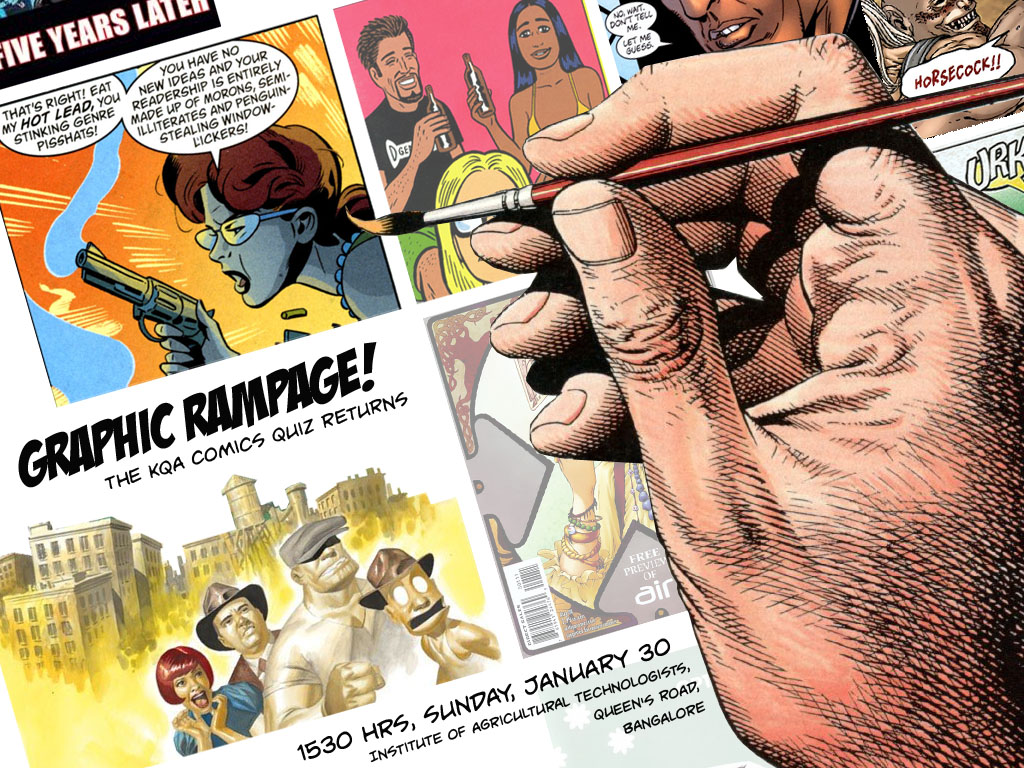I am just one volume in, and Twentieth Century Boys reminds me of Stephen King’s It.
I am a huge fan of Naoki Urasawa and consider him among the greatest contemporary manga creators out there. That’s right – not just a writer or an artist, a creator. He writes and draws, and it’s tough for me to say what he does better. The first Urasawa creation I read was a series called Monster, a psychological thriller set in Western Europe, an 18 volume joyride that I blazed through in one weekend. Early this year, I picked up the full run of Pluto, Urasawa’s homage to one of the most beloved Astro Boy story lines that Osamu Tezuka ever created.
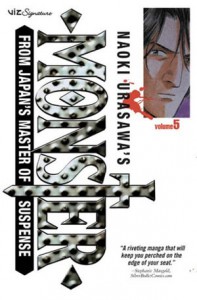 In terms of technique, Urasawa is as much removed from the style one comes to expect from a traditional manga artist as Satyajit Ray is removed from, say, Subhash Ghai. When I see his line-work, I am reminded of European masters – his figures in motion carry a bit of Herge, the inking brings to mind the polished assurance of Moebius; the Japanese influences on his style is reminiscent of Katsuhiro Otomo and Jiro Taniguchi, both of whom, not surprisingly, have been influenced by Moebius.
In terms of technique, Urasawa is as much removed from the style one comes to expect from a traditional manga artist as Satyajit Ray is removed from, say, Subhash Ghai. When I see his line-work, I am reminded of European masters – his figures in motion carry a bit of Herge, the inking brings to mind the polished assurance of Moebius; the Japanese influences on his style is reminiscent of Katsuhiro Otomo and Jiro Taniguchi, both of whom, not surprisingly, have been influenced by Moebius.
Urasawa’s work therefore becomes a perfect gateway work to people who ‘mistrust’ manga. I use the term ‘mistrust’ because that seems to be the perfect term to describe the reactions that general comicbook fans have whenever manga comes under discussion – Naruto and Bleach seem to be the eye-roll-inducing standards against which all manga is judged, there are references to bug eyes and fetishization of prepubescent females, and of course, the eternal ‘you have to read it the wrong way’. Except for the last, which is something akin to insulting a language just because it does not sound like yours, Urasawa’s work defies conventional classification. No, it’s not art-house, highbrow literature that tries to batter you with it’s own sense of self-importance nor is it commercial franchise-building content.
Monster had its moments of storytelling naïveté, but it was a thriller comic done right, told exactly the way its creator wanted to. I made the mistake of slotting Pluto, when I first heard of it, as fan- fiction that would only make complete sense if I had the sense of nostalgia attached to the original Tezuka story as its intended audience. I was wrong. Sure, the second reading of Pluto, after I tracked down Astro Boy vol 3 and read the 149-page ‘greatest robot on earth’ kind of helped me appreciate the choices that Urasawa’s homage made in course of its 8 volumes, the artistic licenses. It actually helped me take in the level of audacity of this fan, this guy who dared to remake something that had resonated in his childhood into something that unmakes nostalgia. I do not want to think of how much he must have internalized the original story to come up with something like this.
Why did it take me so long to get to 20th Century Boys, then? Because as is expected of output that maintains a high level of quality, there is only so much of it out there. Well, there is early Urasawa, such as Pineapple Express, published in every other language but English, but scanlations are not encouraging. His early work reminds me more of Toriyama, more cartoony than I would expect. I am not aware of what he’s doing right now, but there are only 22 volumes of Urasawa-output available for me to read, and I sure as hell did not want to squander those the weekend after I finished Pluto.
But it’s time now, and I’ve just finished the first volume, as the train that takes me back to Los Angeles passes through the Pacific coast. I pause from time to time and stare out of the window, taking in the sunshine that streams through. It’s a lovely day. As Urasawa jumps between 1969 and 1997, and I see childhood dreams and idealism flip to middle-aged resignation and ennui, I realize that I was only 10 years away from being a twentieth century boy myself.
(written on Saturday, on a train)
